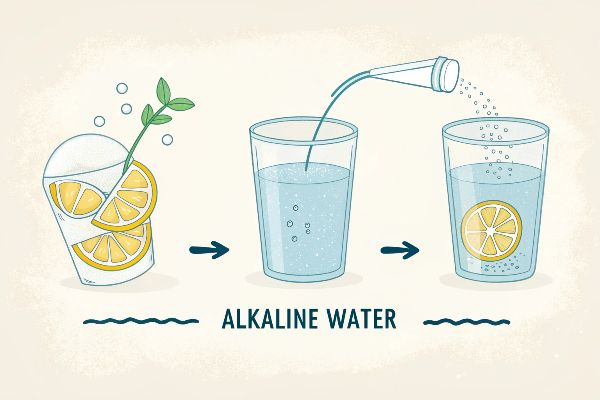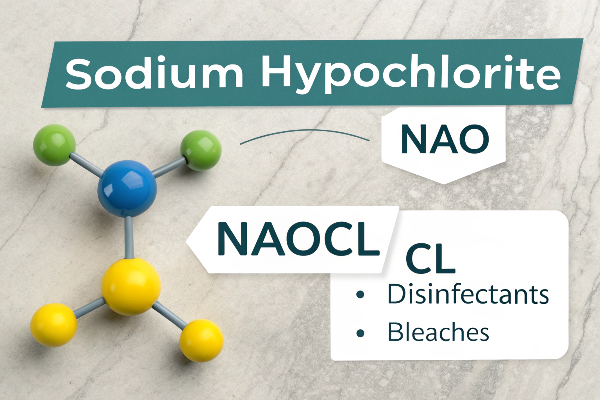When it comes to maintaining a healthy lifestyle, the quality of the water you drink plays an essential role. But why exactly should you give water purification the attention it deserves?
Water purification is not just about improving the taste of your water; it’s about ensuring safety and enhancing health. Purified water is free from contaminants that can pose serious health risks, making it a vital aspect of daily living for both individuals and communities.
Purified water plays a critical role in preventing waterborne diseases, which can range from mild gastrointestinal disorders to severe illnesses like cholera and dysentery. Furthermore, by removing harmful chemicals and heavy metals, water purification safeguards against long-term health issues, including kidney damage and cancer.

What Are the Health Benefits of Water Purification?
Water purification removes harmful contaminants such as bacteria, viruses, parasites, heavy metals, and chemical pollutants, ensuring that the water is safe for consumption. This process significantly reduces the risk of waterborne diseases, providing a healthier and more secure water source for drinking and cooking.
Moreover, purified water enhances overall well-being by contributing to better hydration, improved digestion, and a stronger immune system. By eliminating chlorine and other chemicals, it also improves the taste and odor of water, making it more appealing to drink.

Staying hydrated with purified water helps in detoxifying the body, leading to clearer skin, better kidney function, and improved cognitive abilities. The absence of heavy metals like lead and mercury further protects against potential long-term health complications.
How Does Water Purification Impact the Environment?
By reducing dependence on bottled water, water purification contributes to lower plastic waste and carbon emissions associated with the production and transportation of bottled water. This eco-friendly approach supports sustainability efforts and promotes a healthier planet.

Water purification technologies, such as reverse osmosis and UV filtration, are energy-efficient and minimize the ecological footprint. These systems use less energy compared to the energy and resources required to produce and transport bottled water, making them a more sustainable option.
Implementing water purification methods at the community or individual level can significantly decrease the volume of plastic bottles that end up in landfills and oceans, thereby protecting marine life and ecosystems.

What Are the Economic Benefits of Water Purification?
Investing in a water purification system can lead to substantial savings in the long run. By eliminating the need to purchase bottled water, households can save a significant amount of money annually.
Water purification systems, while requiring an initial investment, have a long lifespan and low maintenance costs, offering an economical alternative to bottled water. Additionally, purified water can prolong the life of appliances by preventing scale buildup and corrosion caused by hard water.

The economic benefits extend beyond individual savings. Communities that invest in water purification infrastructure can reduce healthcare costs by preventing waterborne diseases and promoting a healthier population.
How Can Water Purification Enhance Daily Life?
Purified water is essential for cooking, as it preserves the natural taste of food and protects against contaminants that can affect food safety. It also plays a crucial role in personal hygiene, offering a cleaner and safer option for bathing and washing.

Access to clean, purified water improves life quality, contributing to better health, higher energy levels, and overall well-being. It supports a healthy lifestyle, encouraging individuals to drink more water and stay hydrated.
The convenience of having a reliable source of clean water at home or in the community enhances peace of mind, knowing that the water is safe for all uses, from drinking to cooking to personal care.

What Are the Future Implications of Water Purification?
As global water scarcity and pollution issues continue to rise, the importance of water purification becomes more evident. Advancements in purification technology are making it more accessible and efficient, promising a future where clean water is available to more people worldwide.
Investing in water purification is a step towards ensuring sustainable water management and protecting against the adverse effects of water pollution. It’s a commitment to health, the environment, and future generations.

The ongoing development of more cost-effective and energy-efficient purification methods will play a crucial role in addressing the global water crisis, providing a viable solution for communities struggling with water quality issues.
Conclusion
Embracing water purification is a vital step towards health, environmental preservation, and economic savings. It’s essential we prioritize access to clean water, ensuring a safer, healthier future for ourselves and generations to come, while also protecting our planet.





